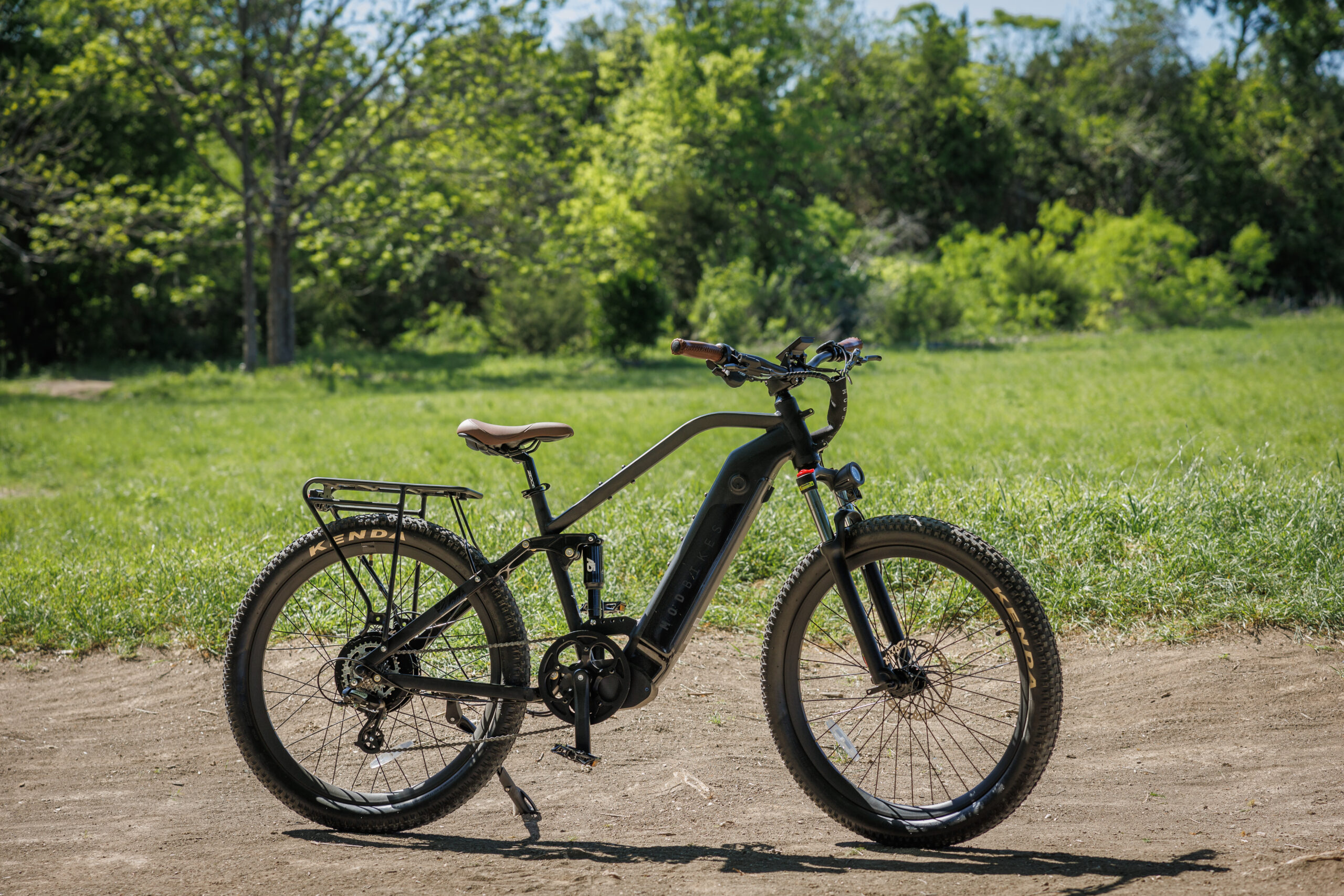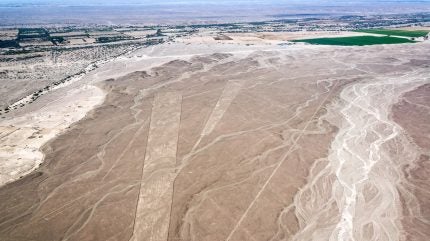
Sign up for daily news updates from CleanTechnica on email. Or follow us on Google News!
BYD just launched the BYD Seal 5 DM-i last weekend
No one is taking credit for it, but a quick parking lot survey, on-the-road observations, and a run through the top electric vehicle social media pages all say that Chinese EV maker BYD is the fastest growing electric vehicle brand in the Philippines.
Just last weekend, BYD Cars Philippines launched the BYD Seal 5 DM-i sedan, starting at P948,000 ($16,400). This completes the segment lineup, with an electric vehicle in each of the Philippines’ automobile categories. The Seal 5 DM-i is specifically targeted towards first-time car buyers, promising a premium driving experience and advanced technology at an affordable price. The Atto 3, Dolphin, HAN EV, Seal, Seal 5 DM-i, Seagull, Sealion 6 DM-i, and Tang e-SUV compose the current lineup.
The introduction of the BYD Seal 5 DM-i is to “provide Filipino drivers with access to advanced electric vehicle technology.” What that means is, given the price of a mid-level internal combustion sedan, buyers get a premium EV with an entry level price, according to Bob Palanca, Marketing Director of BYD Philippines.

“We believe the BYD Seal 5 DM-i will be yet another game-changer in the market as it offers an electric mobility solution that is efficient, affordable, and practical for Filipino drivers,” Palanca said. “With its accessible pricing and cutting-edge features, this vehicle is designed to make electrified mobility easier to embrace, whether for urban commutes or long-distance travels.” The partnership with ACMobility further supports this goal by providing necessary infrastructure, such as charging stations and service facilities.
The launch coincides with BYD’s 30th anniversary as a pioneer in electric mobility solutions. BYD also recently achieved a significant milestone with the production of its 10 millionth New Energy Vehicle (NEV), solidifying its position as a global leader in the electric vehicle industry. Notably, BYD produced its first 5 million NEVs over 15 years, while the next 5 million were produced in just 15 months, highlighting the company’s accelerated growth in the NEV sector.

Last year ACMobility, the company in charge of BYD in the Philippines (it also handles Kia EVs), said it will set up about 100 charging stations by 2024. So far, it has 51 charging stations in 12 locations all over Luzon concentrated in Metro Manila, 6 locations in 3 cities in the Visayas and 2 stations in Mindanao. According to sources inside ACMobility, they are still on track to complete the additional 49 charging station locations — which may result to about 250–300 charging ports by the first quarter of 2025, but “the next 49 locations have been selected and some are nearing completion.”
ACMobility and BYD
This is how it works for ACMobility and BYD: the Philippines largest conglomerate, Ayala Corporation has been manufacturing and distributing vehicles since the early ’90s. It owns the Honda, Isuzu, and Kia brands, under a previous company called AC Motors. Last year, it became the official national distributor of BYD, and changed its name to ACMobility “to support the inevitable EV transition in the country.”
“The collaboration between BYD and ACMobility represents a momentous step towards establishing a strong foundation for electrified mobility in the country,” said Jaime Alfonso Zobel de Ayala, Chief Executive Officer of ACMobility. “Together, we’re committed to enhancing customer experience and making electric vehicles a mainstream choice, offering options that meet the diverse needs of the modern Filipino driver,” he added.
More about the Seal 5 DM-i

The BYD Seal 5 DM-i features a sleek and modern design. Its spacious interior is attributed to its generous dimensions, including a long wheelbase. The vehicle incorporates bold LED headlights and full-width LED taillights for enhanced visibility and a contemporary aesthetic.
DM-i are BYD’s initials for its plug-in hybrid system, DM means “dual machine” and “i” stands for intelligence. The Seal 5 DM-i is a series hybrid and has a 1.5-liter gasoline engine to keep the BYD Blade battery pack charged. Only the electric motors are responsible for propulsion.
The Seal 5 DM-i is offered in two trims: Dynamic selling for P948,000 ($16,400) and the Premium trim option at P1,198,000 ($20,655). Both trims prioritize comfort and convenience, featuring a 12.8-inch rotating touchscreen for navigation and entertainment. The Premium trim adds an 8-speaker sound system. Both variants include wireless Apple CarPlay, Android Auto, and an 8.8-inch LCD digital gauge cluster.
The Dynamic has a 8.3 kWh battery with an electric-only range of up to 50 km. The Premium has a larger 18.3 kWh battery pack, providing an electric range of up to 115 km. Both offer a total driving range exceeding 1,000 km.
Safety features in both variants include rear sensors, a rear camera, a Tire Pressure Monitoring System (TPMS), Electronic Brake Distribution (EBD), Hydraulic Brake Assist (HBA), Traction Control System (TCS), Hill Hold Control (HHC), six airbags, and Anti-lock Brake System (ABS). Standard is the 8-year or 160,000 km warranty for the BYD Blade battery, an 8-year or 150,000 km warranty for its drive unit, and a 6-year or 150,000 km vehicle warranty.
“We are proud to bring the BYD Seal 5 DM-i to the Philippine market, a significant step forward in our mission to make electrified mobility accessible to everyone,” said Aiffy Liu, BYD Country Head, BYD Philippines. “As BYD continues to expand its global footprint in its 30th year, we are even more committed to providing eco-conscious Filipinos with innovative, sustainable, and affordable electric vehicles that will shape the future of transportation in the country.”
Leading the way
Of the 20 car brands in the Philippines that have electric vehicles, 10 are Chinese brands.
The premium brands like Audi and Volvo compete with a very small product footprint, while DongFeng is focused mostly on commercial vehicles. Jetour (a Chery sub-brand) and Wuling are the mini- and micro-car experts, with vehicles selling for about P699,000 ($12,000) that can run for up to 250 km on a single charge. Total sales of the non-Chinese EV brands are led by Nissan with the LEAF and the series-hybrid Kicks, and combined.
Of the other 10 Chinese brands, only BYD can claim to have the most number of EVs on the road, with small vans sold to energy companies like Aboitiz leading the count.

Chip in a few dollars a month to help support independent cleantech coverage that helps to accelerate the cleantech revolution!
Have a tip for CleanTechnica? Want to advertise? Want to suggest a guest for our CleanTech Talk podcast? Contact us here.
Sign up for our daily newsletter for 15 new cleantech stories a day. Or sign up for our weekly one if daily is too frequent.
CleanTechnica uses affiliate links. See our policy here.
CleanTechnica’s Comment Policy



